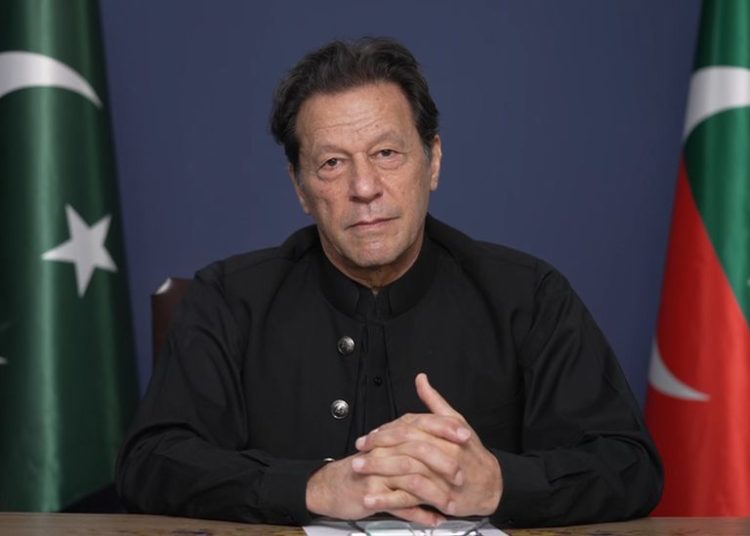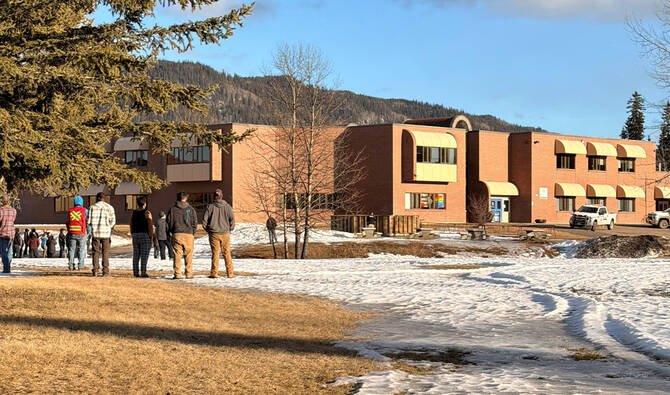The Supreme Court of Bangladesh, in a momentous move, has decided to curtail a contentious job quota system that had led to widespread unrest and more than 100 deaths. The system, which had set aside 30 per cent of government jobs for descendants of 1971 War of Independence veterans, was a focal point of protests, primarily led by students, who argued that it favored the ruling Awami League party’s allies.
The Supreme Court’s ruling has reduced the quota for veterans’ descendants to 5 per cent, allocating 93 per cent of jobs based on merit, while the remaining 2 per cent will be reserved for members of ethnic minorities, transgender, and disabled individuals. The demonstrations turned violent when groups associated with the ruling party attacked protesters, resulting in accusations of unlawful force being used by the police against the demonstrators.
Prime Minister Sheikh Hasina’s government had previously annulled the quota system in 2018, only for the High Court to reinstate it last month, sparking renewed protests and a subsequent government crackdown. The top court deemed last month’s High Court verdict “illegal.” The government imposed a curfew, called in the army, and issued shoot-at-sight orders to suppress the protests, which led to universities being closed and a communication blockade preventing access to the outside world.
Pl watch the video and subscribe to the channel.
The decision by government officials and ministers to label the protesters as ‘antinational’ only served to further enrage them, leading to calls for the government’s immediate resignation. The subsequent crackdown and communication blackout have intensified public anger, turning the protest movement into a serious threat to the ruling authorities.
The uncertainty regarding the outcome of the protests and the future of the government has put Bangladesh at a significant juncture, with conflicting perspectives on the government’s political survival. It remains to be seen how the protesters will respond to the court’s decision, as the government has declared public holidays to manage the situation. This decision by the Supreme Court represents a pivotal moment in the ongoing unrest and demands for reform in Bangladesh.
















